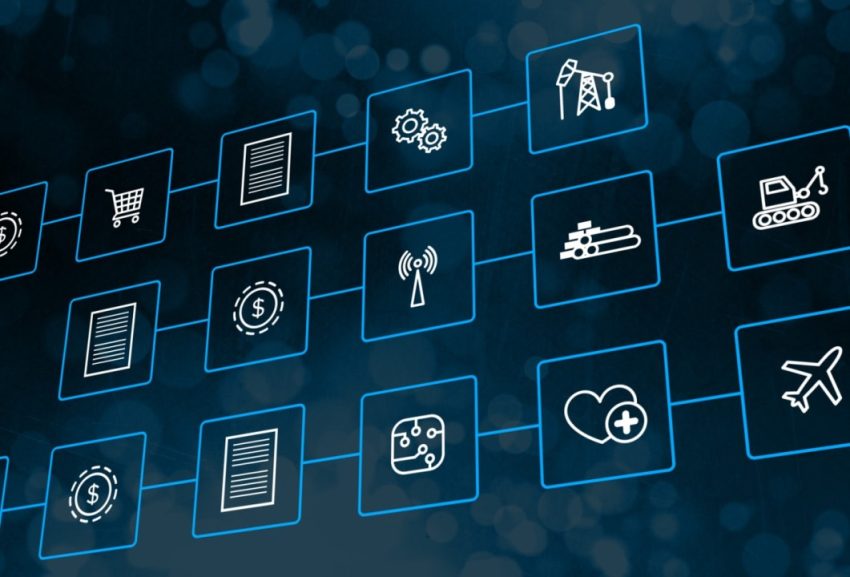Blockchain adoption within the enterprise has continued to increase over the past year, despite the impact of COVID-19 on the business landscape. In fact, we have seen an increase in real-world blockchain use cases within specific industries. The recent survey conducted by Deloitte on Global Blockchain in 2020 reveals that blockchain has moved from promise to reality.
When blockchain made its debut over 10 years ago, it was widely viewed as a one trick pony supporting the novel cryptocurrency phenomenon. Today, we have an emerging technology that has become a game-changing, disruptive and foundational technology within many industries.
Deloitte’s latest survey shows that almost 40% of respondents from major technology companies worldwide currently have blockchain in production and almost nine in ten think blockchain will become more important in the next three years.
Large enterprises (over $1B in revenue) have emerged as early adopters of the technology with 55% of them stating that blockchain is not only critical, but it is in their top 5 strategic priorities over the next 24 months.
While large enterprises continue to implement these solutions within their business and ecosystem; mid-market companies are being left behind. The pandemic has been devastating to many mid-market companies, gutting their revenues, and causing them to pull back on any investment. Additionally, mid-market companies are discovering that blockchain is hard, and they don’t have access to resources and talent to help them implement, or even connect, into these blockchain enabled ecosystems.
BlockSpaces has focused its collective efforts by developing a cloud-based middle-ware PaaS that simplifies integration of systems and software connecting mid-market companies to enterprise blockchain solutions and networks.
Harmonia enables integration of both private and public blockchains allowing transactions that require different blockchain protocols to be executed efficiently from a single source. Although there are now hundreds of blockchain networks in operation, they are unable to integrate with each other, and interoperability solutions have primarily been focused on public (permission-less) blockchain networks leaving enterprise-focused, private (permissioned) blockchain integration solutions lacking.
